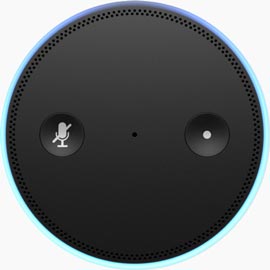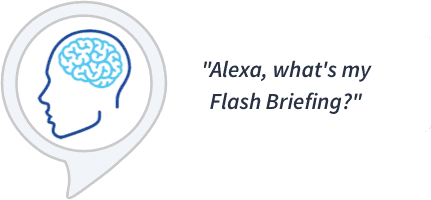
#10 - What to do if you think you have a concussion
So you’ve hit your head and you need to know what to do if you have a concussion. Some of the early symptoms can be intense like bad headaches, vomiting, or dizziness. You might just feel like something is off, for example you’re having trouble concentrating or falling asleep. Let’s talk about what to do if you think you have a concussion and what’s probably going to happen next.
The first thing to do if you think you have a concussion is to see a trained healthcare provider. Whether it’s an urgent care, an emergency department, or your primary care provider, seeing someone who’s familiar with the injury is an important first step.
Here’s what you can expect from your first visit with your healthcare provider. They will conduct a comprehensive evaluation. This will generally include a vestibular ocular screen, balance testing, a conversation about your symptoms, and neurocognitive testing, like ImPACT Quick Test, followed by ImPACT post injury test if needed. Don’t expect a CT scan or MRI unless it’s a severe injury, since most of the time those scans cannot pick up concussions.
These assessments give healthcare providers a good idea of the ‘type’ of concussion you have. From there, they will recommend treatment and rehabilitation that targets the specific areas in which you struggle after concussion. Rest is generally recommended for the first day or two after concussion. After that, you’ll be prescribed a gradual return to activity, making sure your symptoms don’t get worse.
The most important part here is that you see a trained healthcare provider if you experience a blow to the head. Without doing so, you really don’t know how severe the concussion is or what exactly you need to get better. Now that you know what to do if you have a concussion, visit ConcussionCareProviders.com to make sure you know who the concussion specialists in your area are.
OTHER FLASH BRIEFINGS YOU MIGHT FIND HELPFUL:

